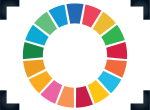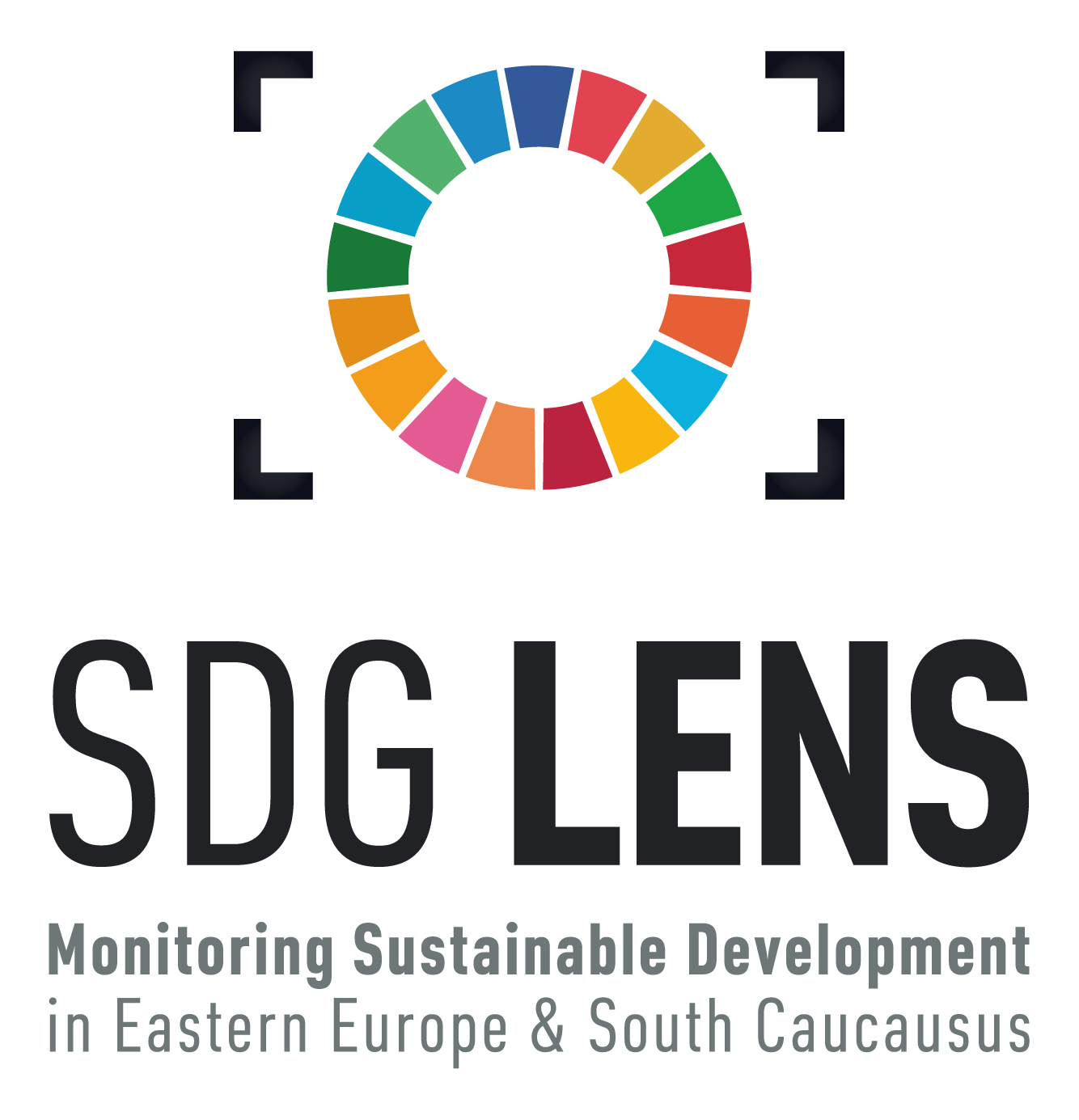Sustainable Development Goals in Armenia
In September 2015, Armenia became one of the 193 signatories to the 2030 Agenda for Sustainable Development. In March 2015, the Prime Minister of the Republic of Armenia signed a decree establishing the National Council for Sustainable Development Goals. Two years later, an inter-ministerial council was formed to lead efforts to nationalize the goals and indicators of the 2030 Agenda. Realistically, no significant progress had been made in localizing the SDGs until 2020, when a new decree created a Council for Sustainable Development Goals once again. In 2020, the government inaugurated Armenia’s Transformation Strategy 2020-2050, which includes sixteen mega goals. The actions within the mega goals are coordinated with the sixteen SDGs (with the exception of SDG 14, given the country’s landlocked geography). 2018 was a decisive year for Armenia, as the country underwent a fundamental democratic transformation manifested by the peaceful Velvet Revolution.
Armenia has submitted two VNRs (Voluntary National Reviews), one in 2018 and one in 2020. In general, during these periods in which the VNRs were submitted, both the Armenian government and civil society were in a state of “post-revolution euphoria”. The government promised sustainable development according to international standards and the society supported it. However, the situation has changed significantly since 2020. The aftermath of the 44-day war in 2020 is likely to have presented Armenia with new challenges in areas such as infrastructure development, social cohesion and sustainable economic recovery, which also has an impact on the achievement of the SDGs. Geopolitical tensions and regional conflicts have affected Armenia’s ability to fully realize the SDGs, especially in terms of peace, justice and strong public institutions. Challenges related to economic inequalities, poverty and social inequality have hindered progress on several SDGs, including those related to poverty eradication, quality education and reducing inequalities. One of the biggest problems in Armenia is the lack of data availability and monitoring. These challenges related to data collection, analysis and monitoring of SDG progress affect the ability to track and evaluate the impact of policies and programs on the Goals.
Voluntary National Reviews
The Voluntary National Reviews present the initiatives taken by the Government of the Republic of Armenia to implement the Sustainable Development Goals. The first report consists of sections on specific highlights, the strategic and institutional framework and the means of implementation. The second report contains sections on the five Ps: People, Prosperity, Peace, Planet, Partnership.
The Role of Civil Society in Armenia
Armenia recognizes the importance of the NGO sector in the processes of public administration as an important component of civil society. The participation of NGOs in the country’s democratization processes has been significant. The Armenian government created the conditions for the participation of NGOs in state programs and for the improvement of their capacities. Despite the fact that NGOs focus on a wide range of services related to sustainable development, many NGOs in Armenia had insufficient capacities and were dependent on grants.
After the so-called revolution of 2018, when Armenia seemed to have embarked on the path of democracy and sustainable development on its own, it was expected that the role and importance of civil society would be strengthened. However, the exact opposite process took place. Although activists and the most prominent representatives of civil society became part of the government, the existing problems and challenges were not solved. Instead, apart from the processes of drafting and submitting some draft laws, civil society in Armenia seems to have disappeared into the shadows and lost its former significance. This process has further intensified after the 44-day war in 2020 and the impression of a passive civil society is growing, especially against the backdrop of government violations of democratic principles.
Today, numerous influential NGOs that count themselves as part of the opposition and claim to want to bring about change in the country are connected to government representatives by a “thin thread”. An objective and independent opinion or position cannot be guaranteed in this way. This also has an impact on the status of SDG implementation in the country. A large proportion of NGOs that implement projects with one of the SDG components often show data and results that not only satisfy funding bodies and international organizations, but also maintain the good image of the current government.





